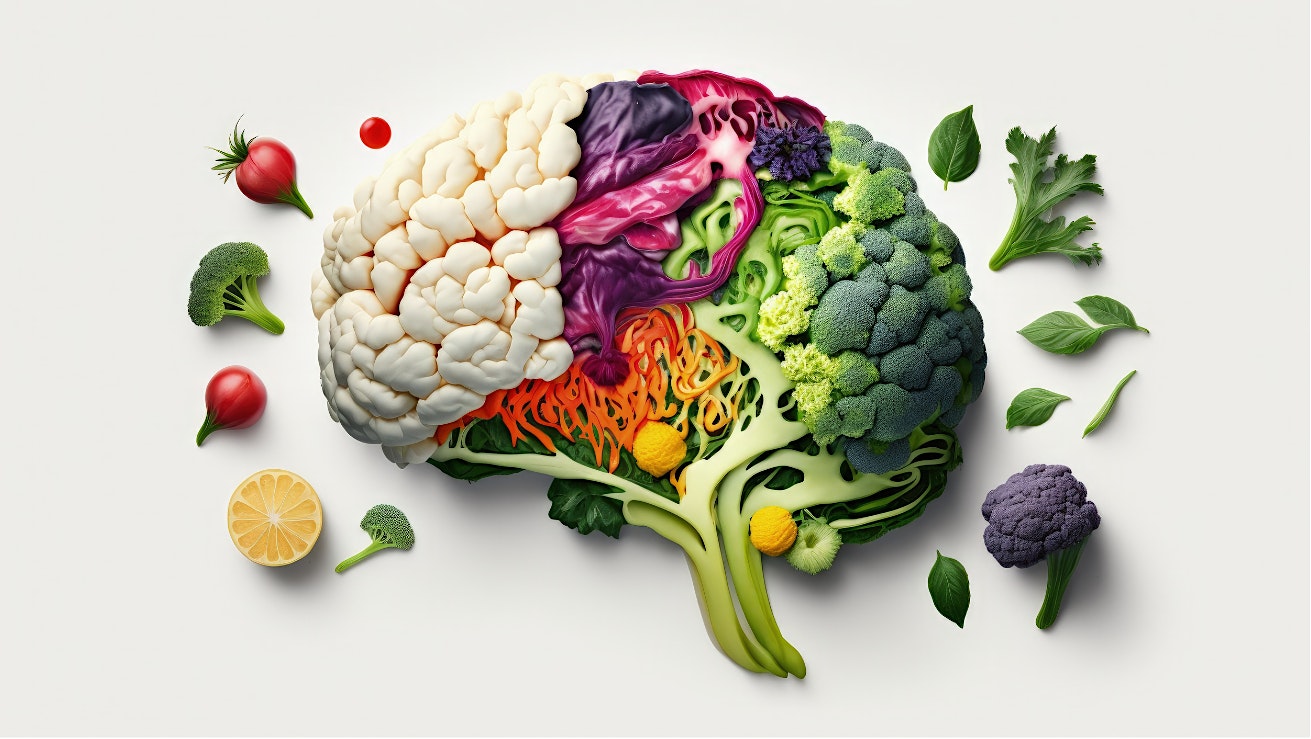“You are What you Eat” – How Your Diet Can Affect Your Mental Health and Work-Related Stress?
What we consume plays a crucial role in our mental and emotional well-being, influencing our ability to cope with the demands of work and daily life. When we rely heavily on processed foods, we not only deprive our bodies of essential nutrients but also expose ourselves to substances that can negatively impact our brain function and overall mental health.
The imbalance created by consuming processed foods—laden with unhealthy fats, sugars, and additives—can disrupt the delicate balance of neurotransmitters in the brain. This imbalance can lead to mood swings, irritability, and decreased cognitive function, all of which can contribute to heightened levels of stress and burnout in the workplace. Hence, there’s an inseparable link between what we eat and how we feel? So what are some ways to maintain a positive relationship between those two? Here are some simple everyday tasks we can do in this matter:
- Balanced Diet: Eating nutrient-rich foods supports brain function and stress management. Conversely, nutrient-poor diets may lead to mood swings, fatigue, and cognitive decline, hindering stress coping mechanisms.
- Blood Sugar Control: High-glycemic foods cause rapid blood sugar fluctuations, impacting mood, energy, and focus. Stable blood sugar levels are crucial for sustained productivity.
- Gut Health: A healthy gut microbiome is linked to improved mood and stress resilience. Fiber-rich, probiotic foods promote gut balance, reducing the risk of stress-related mental health issues.
- Caffeine and Alcohol: Excessive consumption disrupts sleep, increases anxiety, and contributes to stress and burnout. Moderation is key for maintaining mental well-being.
- Hydration: Even mild dehydration affects mood, concentration, and cognitive function. Drinking enough water supports alertness and focus at work.
Making conscious choices about what we eat is not only beneficial for our physical health but also essential for promoting a positive and productive mindset in our professional endeavors. We need to be prioritizing wholesome, unprocessed foods and minimizing our reliance on processed options, which will help support our mental health and equip ourselves with the resilience needed to navigate the challenges of the modern workplace, on bite-at-a-time.
Healthy food habits is going to be a topic addressed via our upcoming StressOut training curriculum.
Stay tuned to get early-bird access to quality training content to help you achieve the much-desired work-life balance you deserve!









